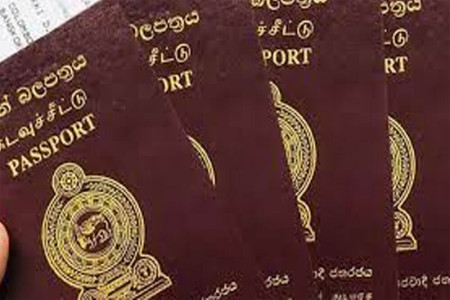It has been revealed that the process to introduce e-passports and to implement a new IT infrastructure will take at least 18 months from the date of contract award following the project’s tender procedure.
Therefore, it is quite certain that a new e-passport could not be introduced before February 2025 forcing the government to continue with the ordinary passport issuance, Public Security Ministry sources confirmed.
Until such time the introduction of an e–passport with an embedded electronic chip that includes biometric data of passport holders, will remain suspended.
E-passports typically provide high-level of security and provision for keeping personal details in addition to an electronic system that can only be read by a chip system.
Minister of Public Security Tiran Alles told the Business Times that he had suspended the invitation of the expression of interest (EOI) called for the selection of a prospective bidder to implement the electronic passport project.
This decision was taken due to the high cost of importing machinery and installing the new system he said adding that more than 700,000 e-passports should be issued per year costing around US$15 million under the proposed project.


